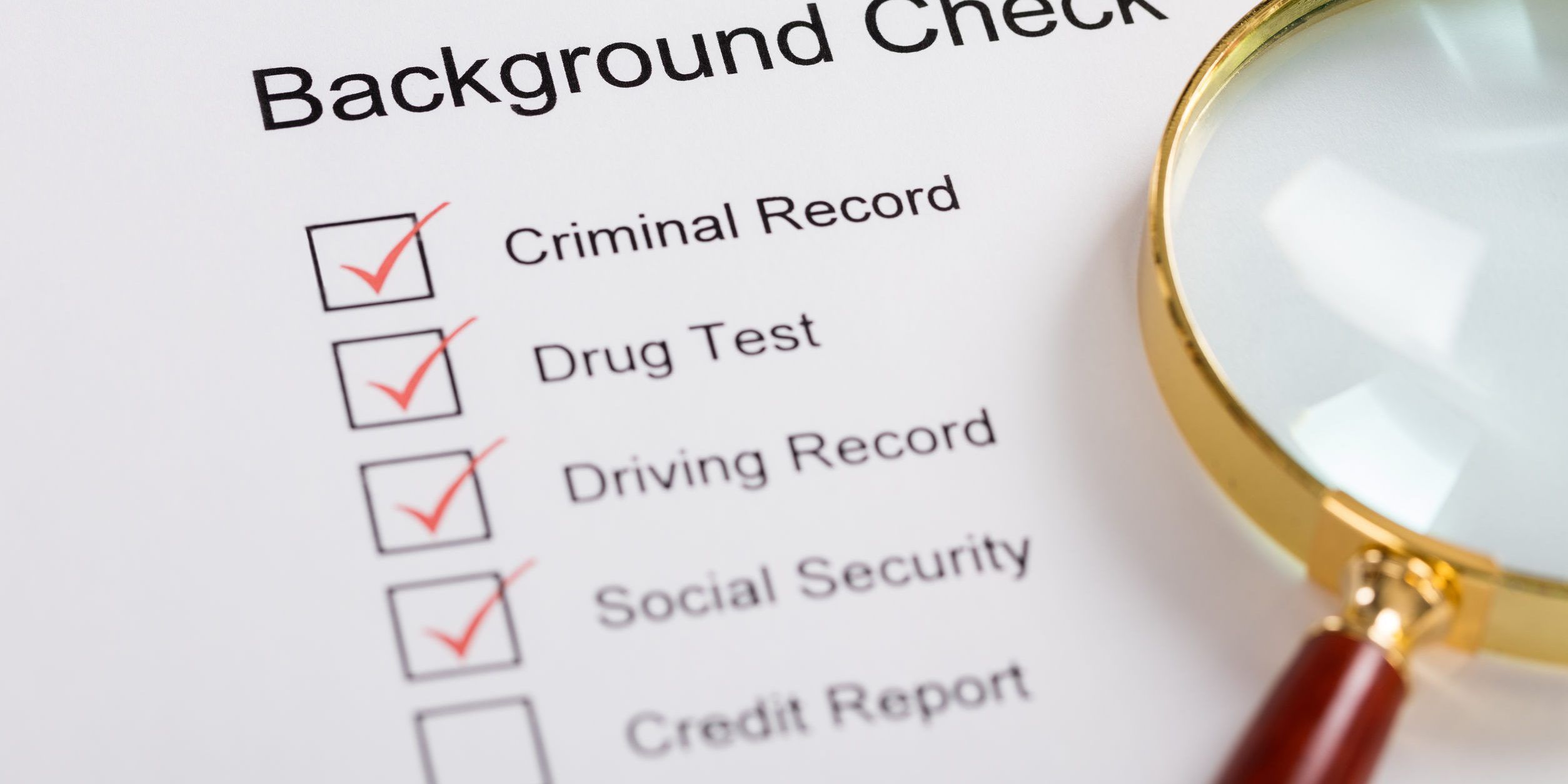Increasingly, background checks are becoming a standard component of the employment process. When you apply for a job, your potential employer can investigate you – usually via a credit reporting agency – by running a background check. The information sought can include:
- Verifying your identity
- Searching your previous employment history
- Confirming your education
- Checking your credit history (Learn more about credit card abuse)
- Checking your driver’s history
- Searching your criminal record
It is important to recognize, however, that a federal 7-year limitation applies which limits how far back the agency can search your records.
Who Runs Background Checks?
The vast majority of employers now run background checks on employees. It is a fact of the modern work world. While employers themselves can run their own background checks on prospective employees, most do not have the time or the necessary resources to do a thorough job, so they hire credit reporting agencies to conduct the searches for them.
The 7-Year Rule
When employers conduct background checks themselves, there is no limit to how many years back they can search. Credit reporting agencies, however, are bound by a 7-year federal rule, which means that they can only delve 7 years into a prospective employee’s past. This is intended to balance the best interests of both the employer and the employee.
Background Checks
Background checks are employed for multiple reasons, including:
- To limit an employer’s liability – if an employee were to injure someone or to damage property, the employer’s liability is likely limited if the company ran an adequate background check on that employee
- To ensure that the prospective employee accurately represented himself or herself during the application process
- To determine if the applicant has a criminal history
While an employer might naturally prefer to hire an employee with no criminal record over an employee who has a criminal record – all things being equal – the 7-year rule helps mitigate this impulse. The 7-year rule recognizes that individuals who have already paid the price for their criminal behavior deserve a second chance – a fresh start. Federal laws govern background trial checks and how they can be used in decisions related to employment. After 7 years have passed, the federal government mandates that all arrest records, civil lawsuits, civil judgments, and paid tax liens be stricken from credit checks. In the State of Texas, there are exceptions – if you are applying for a job that pays $75,000 or more a year or if you are applying for a job in an insurance company, the background check can reach back to your 18th birthday.
If You Have Been Accused of a Crime, Consult with an Experienced Killeen Criminal Lawyer Today
A criminal conviction can reverberate into your future in profoundly negative ways, and your future is far too important to leave to chance. If you are facing criminal charges, attorney Brett Pritchard at The Law Office of Brett H. Pritchard in Killeen, Texas, is committed to fighting for your rights and for the most positive resolution of your case. Mr. Pritchard is a formidable criminal defense lawyer who is here to help, so please do not hesitate to contact or call us at (254) 220-4225 for more information today.







